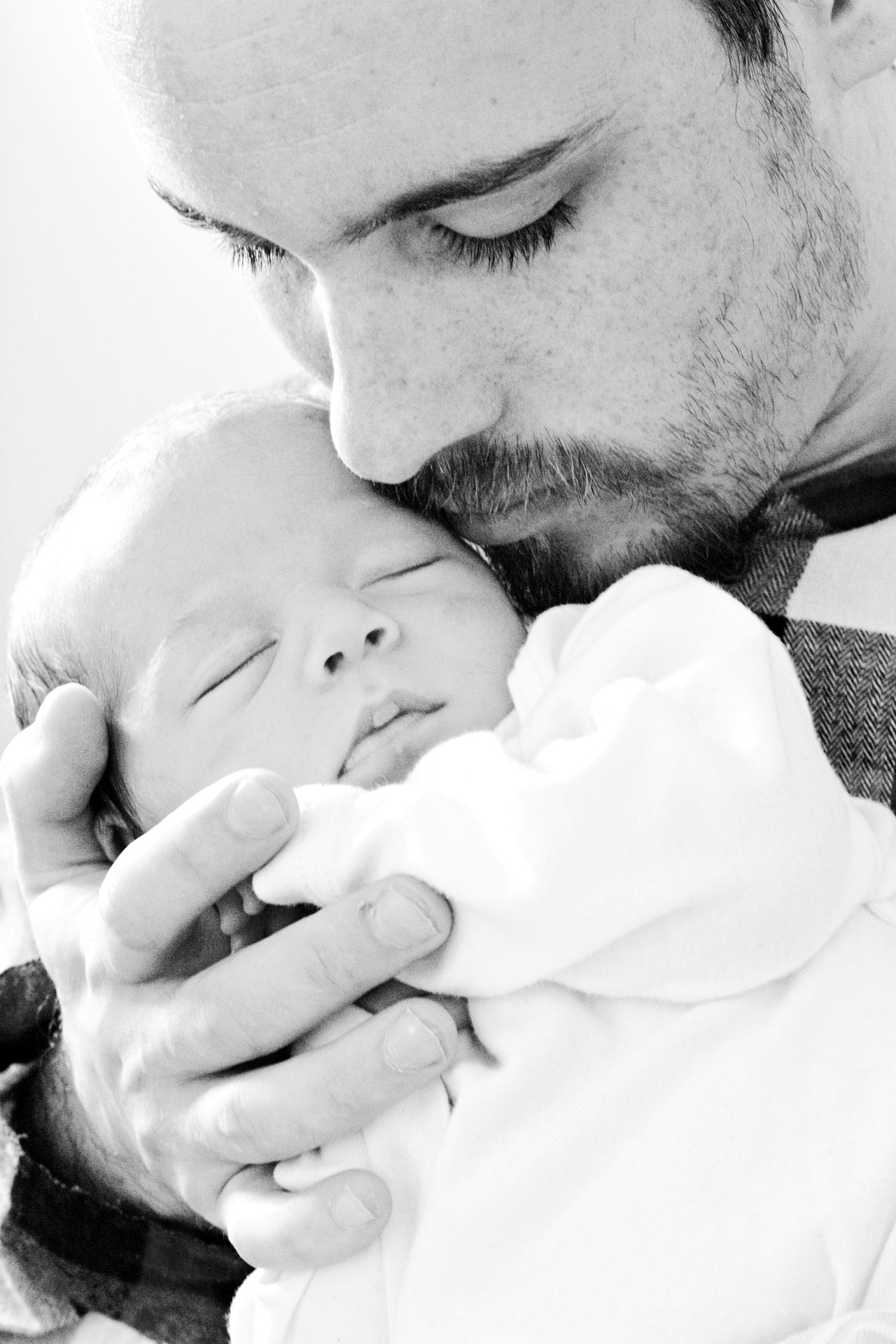Preparing to be a father for the first time is a daunting task for many men. After all, the pregnant partner’s hormones and bodies are widely known grow and change to prepare for a new baby. First-time fathers may wonder how they can get ready for this new chapter in their lives and if life really will change that much with a new baby.
However, first-time fathers undergo a series of surprising changes when their new offspring is born. In fact, scientists have compared the shift to fatherhood to be similar to entering puberty. Here are five ways in which fatherhood changes men that may be surprising:
1. Mentally and Physically Preparing the Living Space
Before a new baby arrives, mothers have the urge to “nest” and create a soft, comfortable, welcoming space for the infant, such as a nursery. Fathers may feel an increased need to do the same, and they sometimes imitate mothers, preparing the living space to accommodate an extra person. Painting walls, building nursery furniture, baby-proofing the living room and kitchen, and preparing meals ahead of time are all tasks that men can complete to prepare for a new baby.
Men do not experience the same hormonal shifts as women during pregnancy, but simply cohabitating with an expectant mother can contribute to a sense of urgency and excitement that drives men into action.
2. New Connections in the Brain
A newly studied phenomenon, called neurogenesis, occurs in men during the first couple of days post-birth. Neurogenesis means new neurons are being made in the brain. These brand new neural connections are made in a father’s brain, and they are shown to improve his memory, change his sense of smell, and increase the chances of healthy attachment to the new baby.
However, these new brain changes only occur if a new father stays close to his new baby. Fathers who do not spend enough time holding their children skin-to-skin, smelling them, bathing them, and participating in other aspects of infant care will not benefit from these new neurological shifts.
3. Testosterone and Cortisol Levels Drop
Testosterone, commonly associated with male aggression, has been found to decrease in men once they become fathers. Cortisol, also known as the human body’s stress activation hormone, declines as well. Researchers believe these hormonal shifts happen to allow the male body to decrease aggression and sex drive, which in turn facilitates bonding between father and child.
Estrogen, also known as estradiol, usually and inaccurately associated with women, has also been shown to increase dramatically in production in new fathers. This has also been found to increase nurturing behaviors men demonstrate toward their new babies.
4. Fathers Become More in Tune with Their Children
When babies cry, they cry for all sorts of reasons. Society often expects new mothers to be able to distinguish which type of cry a baby is making. Is it hunger, discomfort, sleepiness, or pain? Many new parents can decode their infant’s cries and act accordingly. However, it’s not only mothers who possess this instinct. In fact, fathers who spend 4 hours or more per day with their infants are statistically more likely to accurately identify their infant’s cry and what it means. The 2013 study with these findings was published in the journal Nature Communications.
“Before this study it was thought that mothers were more able to recognize their child from their cries than the fathers,” said Nicolas Mathevon, a bioacoustician at Jean Monnet University in France who co-authored the study. “Fathers are as good as mothers at this task and it’s just a matter of learning.”
Furthermore, in a room with multiple infants, new fathers show the ability to pick out which infant crying is their own biological offspring. Of course, this only applies to new fathers who are deeply involved with their infants and spend lots of time around them.
5. Relationships with Partners Can Change
In preparation for parenthood, many parents begin having conversations and disagreements about their baby’s entrance into the world and what will come after. What parenting styles will they use? Where will the baby sleep for the first six months? Who will the pregnant partner allow to witness her labor? Who will be the primary parent to get up in the middle of the night to feed the baby?
These decisions can lead to arguments in couples if they disagree on fundamental aspects of parenting. Men can also feel a sense of relationship loss because their partner is spending so much the time and attention on the new baby. Some psychologists compare the relationship shift to a second adolescence for men, noting it can bring up unresolved issues of abandonment. If both partners communicate productively and be a solid support system for each other, both of them can fare much better during the early months of new parenthood.


